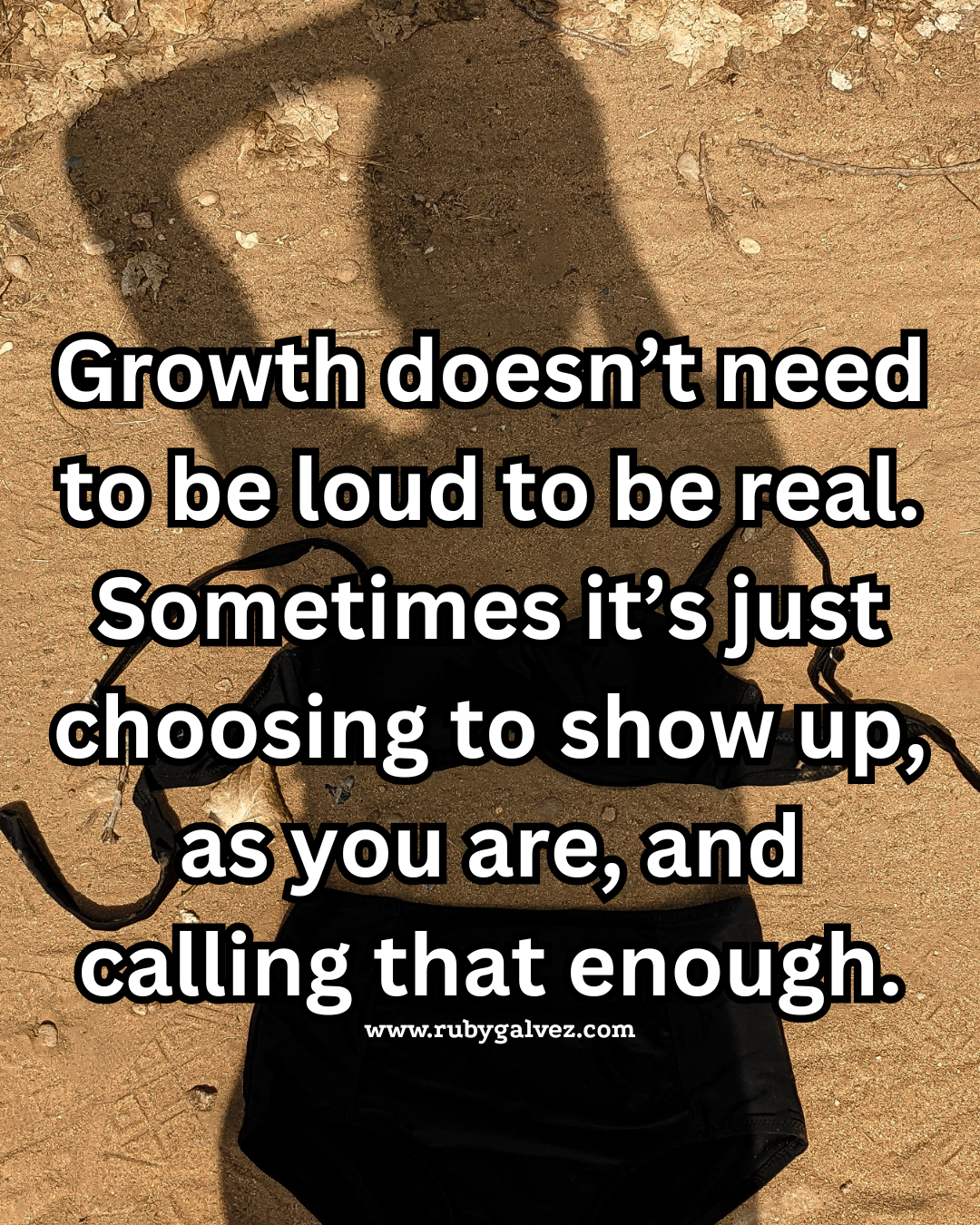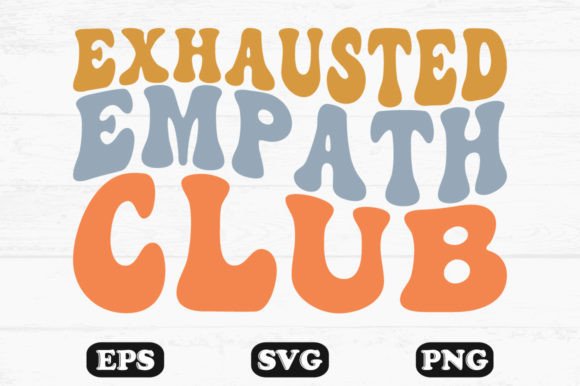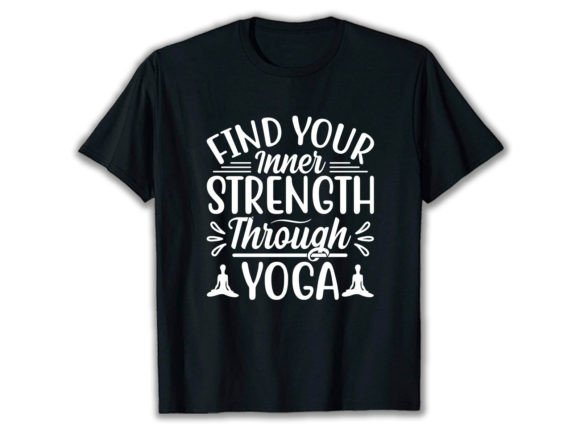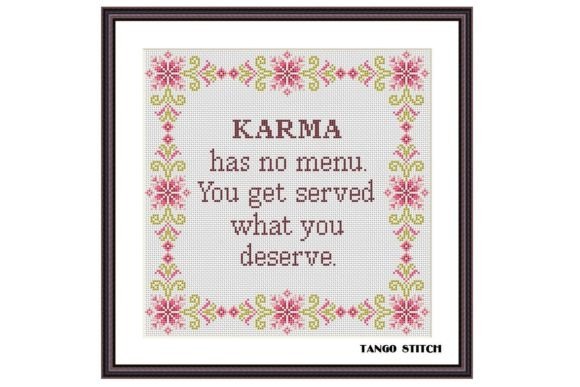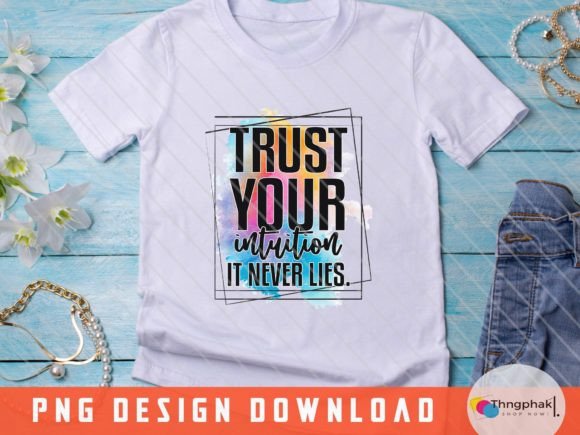There’s a new lifestyle trend every month. Cold plunges. Moon journaling. ‘Hot girl walks.’ All promising transcendence through discipline. Translation: if I just walk four miles in matching athleisure while listening to podcasts on boundary-setting, I will become a higher being. Spoiler: I remain very much myself. Don’t get me wrong—walking is good. Boundaries are good. But at some point, every self-care trend starts sounding like a wellness version of homework. “Glow up or shut up” seems to be the subtext. I used to think my resistance was laziness. Now I think it’s grief. Grief over a version of myself…
-
-
In the 1990 film Dances with Wolves, adapted from Michael Blake’s novel, Lieutenant John Dunbar embarks on a transformative journey from a disillusioned soldier to a member of the Lakota Sioux tribe. His story isn’t just a tale of survival or adventure; it is an exploration of personal growth, empathy, and the complexities of identity—important lessons for anyone looking to understand their own path toward self-awareness and connection with others. The Power of Empathy: Understanding Beyond the Surface Dunbar’s initial experience with the Sioux tribe is rooted in misunderstanding and fear. The clash of cultures between him, a soldier of…
-
Empathy isn’t just a trait you’re born with; it’s a skill you can develop through everyday actions and decisions. Cultivating empathy enriches your interactions and deepens your connections. Here’s a straightforward guide to weaving empathy into your daily routine without repeating the same ideas. Listen Intentionally Listening is more than hearing words; it’s about fully engaging with the speaker. Practice giving your undivided attention, acknowledging what’s said, and asking questions to ensure clear understanding. Engage fully: Prioritize the conversation by eliminating distractions. Show engagement: Use nods, eye contact, and gestures to convey you’re listening. Clarify and summarize: Check your understanding…
-
We often look outside ourselves for motivation, believing that someone or something will light the spark that pushes us forward. But what if the strength you seek is already within you? Inner strength isn’t something bestowed upon you by life’s circumstances—it’s a resource you already have. It’s the quiet resolve that carries you through challenges, the voice that whispers, “You can do this,” when everything feels impossible. Step 1: Trust Yourself So often, we second-guess ourselves, waiting for outside validation. But inner strength begins with trust. You’ve overcome obstacles before. You’ve made hard choices, and you’ve survived…
-
Karma—this ancient concept often evokes images of cosmic justice, where good deeds are rewarded and bad deeds are punished, sometimes in ways that seem eerily precise. But is karma just a spiritual fairy tale, or is there more to it? Let’s delve into some philosophical and theological proofs that suggest karma might be more than just a comforting idea. The Philosophical Perspective: Cause and Effect At its core, karma is about cause and effect. Philosophically, this idea aligns with what’s known as determinism—the belief that every event, action, or decision inevitably results from previous events in accordance with the natural…
-
Divorce is like an earthquake. It shakes you to your core, leaving cracks in places you never knew could break. But for empaths, it’s not just an earthquake; it’s a tsunami of emotions, both yours and your ex-partner’s, crashing into your already sensitive soul. I know this because I’ve been there. When I first found myself alone after my divorce, I was overwhelmed by a mix of sorrow, guilt, and—ironically—relief. Being an empath, I had spent so much time absorbing my partner’s feelings that I had forgotten to take care of my own. I was the quintessential emotional sponge,…
-
When I was younger, the idea of choosing a job driven by passion seemed like a romantic notion, something out of a fairytale where dreams magically come true. But reality, as we all know, has a way of grounding our whimsical dreams with practical concerns like bills, responsibilities, and societal expectations. Still, the whisper of a life led by passion never truly left me, and I found myself on a journey to align my values with my work. I remember sitting in my corporate office, staring at the spreadsheets on my computer screen, feeling a dull ache in my chest.…
-
You might feel uncontrollable envy over someone who seems like they have it all. Here are some straight-up reasons why you feel this way: 1. Comparing Yourself to Others: You keep looking at what others have and forget about what you’ve achieved. It’s a recipe for feeling bad. 2. Lack of Self-Confidence: When you don’t believe in yourself, it’s easy to think others are better. 3. Unfulfilled Dreams: Watching someone else live your dream can sting, especially if you’re not pursuing yours. 4. Fear of Missing Out (FOMO): Seeing others enjoy life while you feel stuck can trigger envy. 5.…
-
You’re feeling painfully embarrassed about your past choices, especially in relationships. You think people are judging you, and you can’t stop judging yourself. You won’t forgive yourself, and it’s eating you up inside. Here’s what you need to hear… Why You’re Stuck in Self-Judgment 1. Fear of Judgment : It feels like everyone’s focused on your mistakes, but the reality is, most people are preoccupied with their own lives and struggles. 2. Perfectionism : You’ve set impossibly high standards for yourself, which makes any misstep seem like a catastrophe. 3. Negative Self-Talk …
-
One of the most cathartic ways to heal from a bad experience is to write. And, where best to start but your own story. Whether it’s an origin story of sorts or you’re just pouring your thoughts into a journal at the end of a hard day, your effort to weave a life narrative is legitimate. Your Words Matter Words are more than mere combinations of letters. They vibrate, resonate, and carry frequencies that echo through the cosmos. When you’re telling your life story, what sort of frequencies are you emitting? Are you the victim or the hero? The dreamer…
